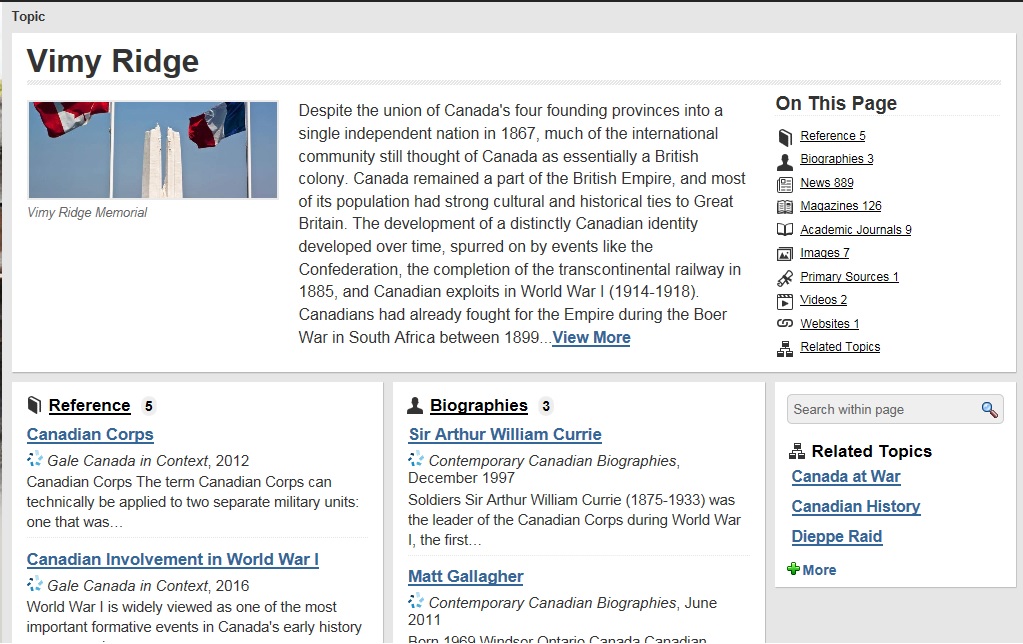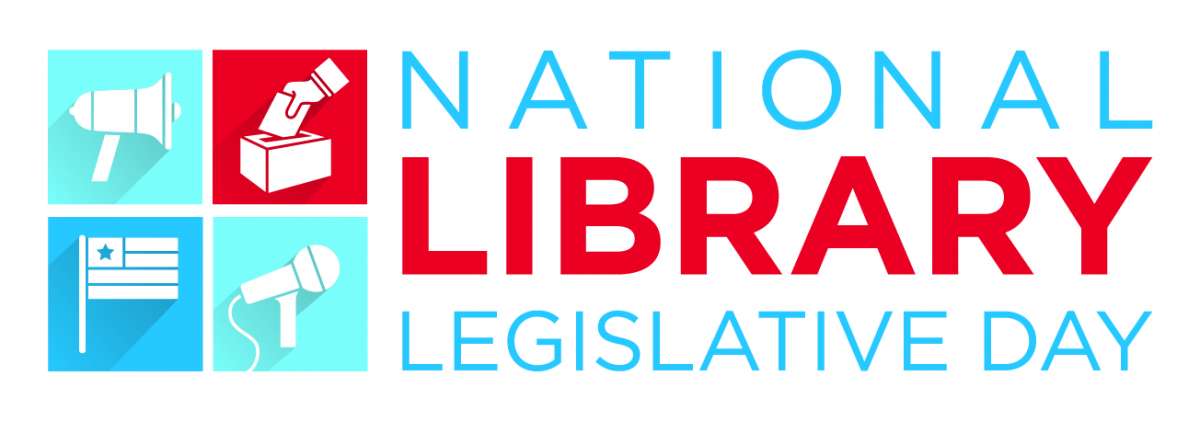| By Traci Cothran |
Two University of Kentucky students were arrested last week and charged with third-degree burglary for allegedly breaking into a professor’s office in the dead of night to steal an exam. The pair told police they entered the office via ceiling air ducts, and their teacher caught them upon returning to the office from a food break around 2 am.
While this does conjure up some cool images from Mission: Impossible, let’s not forget that these students now not only face a failing test grade, but college disciplinary action as well as legal proceedings . . . not to mention having to explain their actions to their parents. And I have to wonder, dear reader, wouldn’t it have been just as easy (and less perilous) to study for the final?











